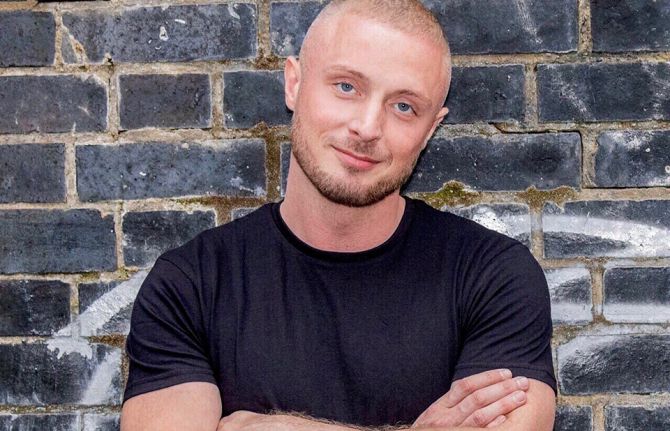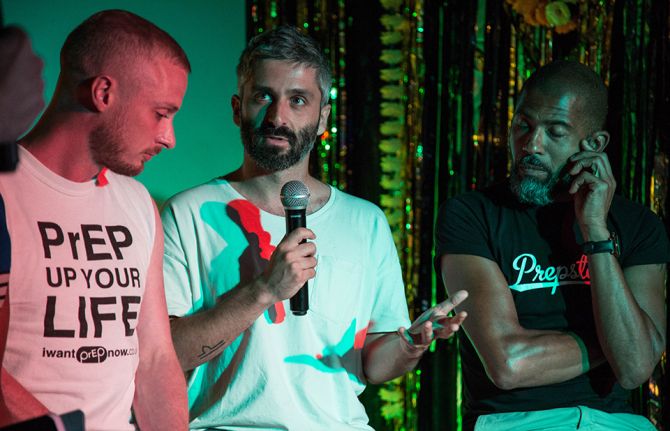



Feature Story
iwantPrEPnow website founded out of necessity
28 November 2019
28 November 2019 28 November 2019When Greg Owen started hearing about a medicine taken daily that could keep people from contracting HIV, he didn’t believe it. The British man, from London, asked around and his friends told him that pre-exposure prophylaxis (PrEP) was only available in the United States of America or through a clinical trial, the PROUD study, in England.
“I finally managed to get a hold of some via a friend in early August 2015,” he recounted. “The next day, I went for an HIV test and it came back positive.” In shock, he felt like the system had failed him.
“It was too late for me, so out of necessity and anger we decided we had to do something,” Mr Owen said. His friend Alex Craddock was on PrEP. He needed to keep taking the medicine, which he obtained from the United States, so they both set out to help themselves and their friends.
They gathered as much information on PrEP as they could and on 19 October 2015 the website iwantPrEPnow went live.
With a small budget and limited time, but with a lot of publicity, iwantPrEPnow attracted more and more people. Traffic exploded.
“We had no master plan, but clearly there was a need for advice and access to the medicine within the community,” Mr Owen said.
Through a PrEP trial in England, more than 10 000 people have access to PrEP. In Wales, Scotland and Northern Ireland, PrEP is available through National Health Service (NHS) sexual health clinics. Countless others have obtained PrEP by buying it online.
Mr Owen, a club promoter turned full-time activism coordinator, credits 30 years of AIDS activism for improving HIV awareness and bringing new medicines to the forefront.
“PrEP has been a game-changer because it’s like the final piece of the jigsaw puzzle that has been missing,” he said. “We had already stepped up testing regularly, encouraged increased condom use and started people on treatment as soon as possible. All of these are part of our combination prevention response needed to fight the fire.”
Will Nutland, co-founder of Prepster, a group advocating for PrEP to be integrated within NHS England, considers the medicine as one of the most effective and cost-effective HIV prevention tools ever.
“No other HIV prevention technology has had the impact on HIV diagnosis in a place like London,” Mr Nutland said.
Half of new HIV infections in the United Kingdom have been shouldered by gay men and other men who have sex with men. In the past two years, new HIV infections among gay men and other men who have sex with men have decreased more than 30% across the country, according to HIV data by Public Health England. And in London, there has been a 44% drop.
Prepster and iwantPrEPnow launched within a week of each other. The founders didn’t know each other, so when they realized the crossover between them, they met and now collaborate on most projects.
For Mr Owen, PrEP has also changed the narrative. “We now have whole generations talking about sex in a guilt-free way,” he explained. He believes that people feel more liberated after decades of shame, death and disease linked to sex without condoms.
Among HIV advocates, the sector feels reinvigorated. Mr Owen feels proud being part of this supportive, loving and vibrant community. He says their common goal has brought lots of different players together.
“PrEP needs to be made available to all and not just at sexual health clinics,” he said, echoing Mr Nutland.
Their ongoing objective involves further increasing awareness of and access to PrEP for everyone who could benefit, particularly women, transgender people and communities of colour.
“A community means no one is left behind,” Mr Owen said. “No one gets turned out, that’s a real community.”



